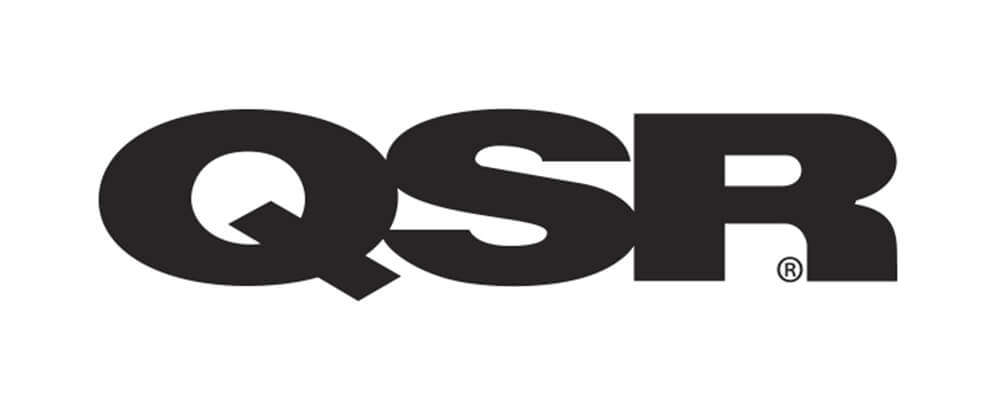Many plan to shelter in place if a storm hits; that’s one of many findings of a USF survey.
Since the beginning of the pandemic, we’ve wondered how the coronavirus would affect hurricane preparedness. Those questions have taken on a new urgency as Tropical Storm Laura is now likely to strengthen into a hurricane that could threaten Florida early next week.
Based on a new survey by the University of South Florida’s School of Public Affairs, we now have a better idea of what is on the minds of those who live in hurricane-prone zones.
The survey, which was conducted between July 30 and Aug. 10, shows that, due to COVID-19, most Floridians are prepared to be more self-reliant and to stay home during a hurricane rather than going to a shelter or evacuating.
Despite high rates of unemployment and disrupted lifestyles and routines, 48 percent of Floridians expressed that COVID-19 has not negatively impacted their household’s emergency preparedness. In fact, 36.5 percent said they are more prepared for a storm than before the pandemic. Only 15.5 percent of those surveyed mentioned that COVID-19 had caused them to be less prepared for hurricane season.
It may very well be that after months of social isolation and quarantine, Floridians have become more accustomed to staying home and planning long-term for their needs and the needs of their family than in prior years. Many of the same items needed to self-isolate or quarantine overlap with being ready to ride out a hurricane at home. Most survey respondents reported having three days of non-perishable food (85 percent), drinking water (81 percent) and prescription medication (86 percent) per member of household, while a large majority (79 percent) mentioned that they could manage their household for three days without any assistance if a hurricane left their community without electricity and running water.
USF conducted an online survey using Prodege MR, a leading market research provider.
Read the full article here!

Share This Article




